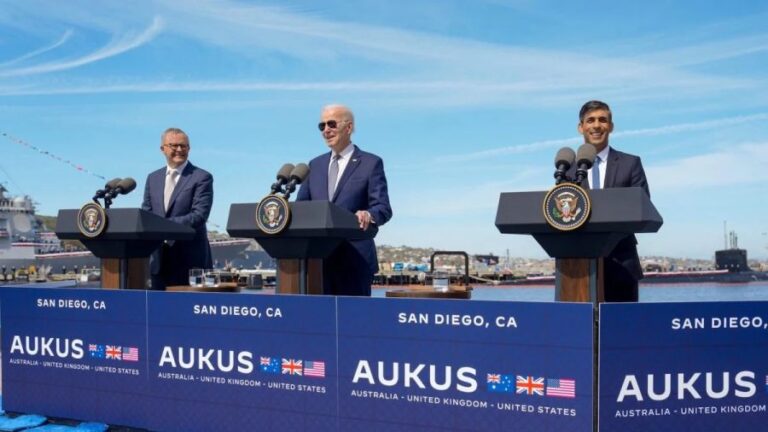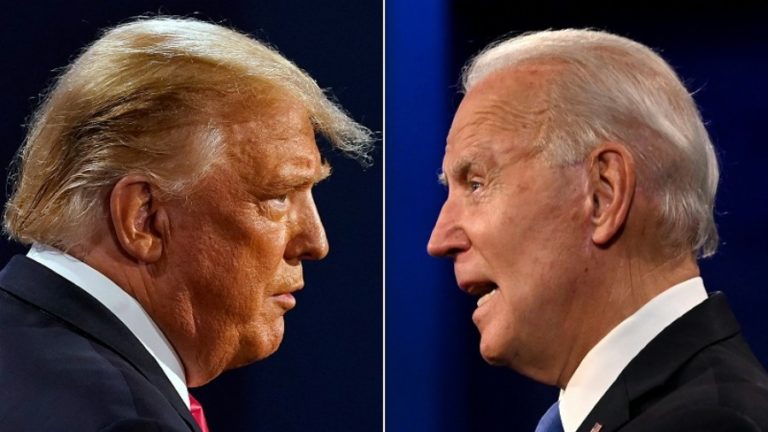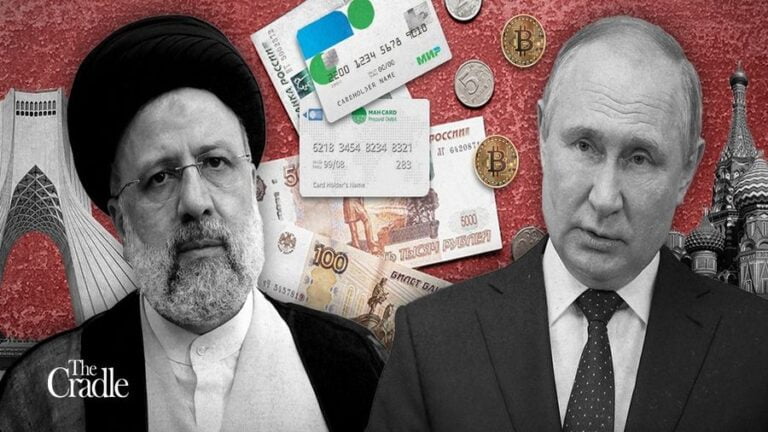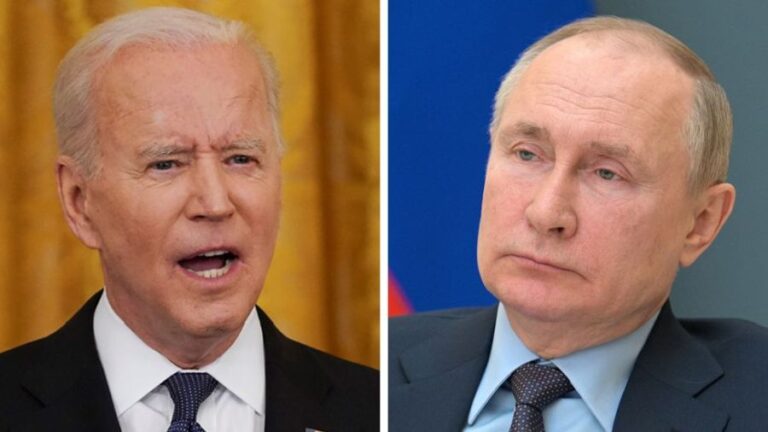US Praises Saudi Leadership In Syria, But Docs Reveal Collaboration In Creation Of ISIS
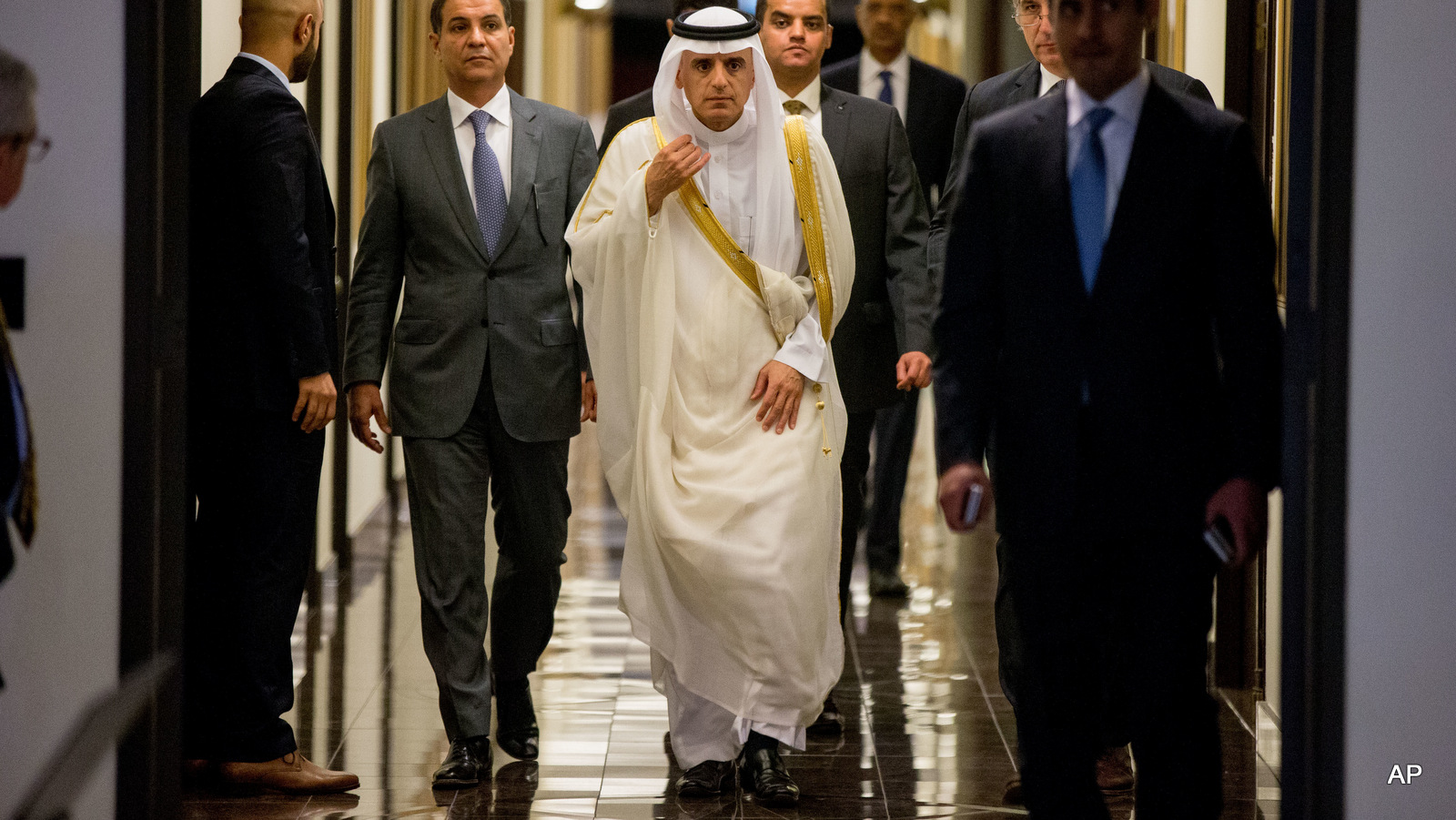 |
| Saudi Arabia Foreign Minister Adel al-Jubeir, center, arrives to speak at a news conference at the Saudi Arabian Embassy in Washington, Friday, June 17, 2016. |
MINNEAPOLIS — In the wake of the Orlando massacre, the United States and Saudi Arabia are vowing to turn up the heat against terrorists and religious extremism in the Middle East.
But these allies have a history of supporting the same tenets of religious extremism that lead to terrorism and repression of human rights.
On June 13, U.S Secretary of State John Kerry hosted Saudi Deputy Crown Prince Mohammed bin Salman at Kerry’s home in Washington, where the pair shared dinner. The meeting came a day after Omar Mateen killed 49 people and wounded 53 more at a LGBT nightclub in Orlando, apparently pledging allegiance to Daesh (an Arabic acronym for the terrorist group known in the West as ISIS or ISIL) during the attack.
The pair discussed the incident, according to a statement by Kerry’s spokesman, John Kirby:
In another statement quoted Thursday by Al Arabiya English, Kirby praised the Saudi role in Syria. “If it were not for Saudi leadership, we wouldn’t have that first meeting of the Syrian opposition groups back in December in Riyadh,” he said.
Kirby suggested the two nations were relatively unified in their plans for the civil war-torn country. “If you’re asking if there’s this big philosophical divide between the Saudis and the United States on how to move forward on the ground in Syria, the answer is ‘no,’” he said.
Both Hillary Clinton and Donald Trump advocated increased bombing campaigns against Daesh last week, echoing similar calls for so-called “humanitarian” intervention in Syria. The Wall Street Journal reported on Thursday that 51 State Department officials signed onto a “dissent channel cable,” a form of internal complaint, demanding regime change in Syria.
Yet there’s mounting evidence that the U.S. and Saudi Arabia both played important roles in the creation of Daesh and other extremist groups.
According to a May 24 report from Washington’s Blog, documents obtained by Judicial Watch, a conservative government transparency watchdog, show the U.S. government knew about Daesh’s potential rise to power well before that came to fruition. An Aug. 12, 2012 briefing by the U.S. Defense Intelligence Agency on Syria warns: “Internally, events are clearly taking a sectarian direction.”
The authors of the DIA report point to the regional branch of al-Qaida, the Muslim Brotherhood, and groups following Salafist or Wahhabi Islam as the major groups driving the civil war. Wahhabism is an extremist form of Islam that’s been repeatedly tied to Saudi Arabia’s wealthy ruling families. Diplomatic cables in WikiLeaks archives depict Saudi Arabia as a “cash machine” for these extremist groups. And U.S. weapons and supplies have frequently fallen into their hands, often through failed efforts to train so-called “moderate” rebels in Syria.
The DIA report suggests many of these groups openly supported the rise of an Islamic Caliphate, as Daesh purports to represent:
However, it also warns against the destabilizing effect this would have in the region:
The anonymous authors of Washington’s Blog summarized: “In other words, the powers supporting the Syrian opposition — the West, our Gulf allies, and Turkey wanted an Islamic caliphate in order to challenge Syrian president Assad.”
Despite joining calls to fight terrorism in the wake of the nation’s worst massacre of LGBT individuals, homosexual behavior is still punishable by the death penalty in Saudi Arabia. In April, the Saudi ambassador to the U.N. insisted that LGBT people have no human rights under international law. Saudi officials even suggested executing LGBT people who come out of the closet via social media, according to a March report from Vocativ.
In a June 14 analysis of Saudi Arabia’s oppression of LGBT people and other human rights violations, Ben Norton, a politics staff writer at Salon, criticized the country for its hypocrisy in the wake of the Orlando killings.
“[T]he kind of extremism that led shooter Omar [Mateen] to kill 49 people and injure another 53 is institutionalized in the theocratic Saudi absolute monarchy,” he wrote.
[youtube https://www.youtube.com/watch?v=ccdeANvo2bg]



